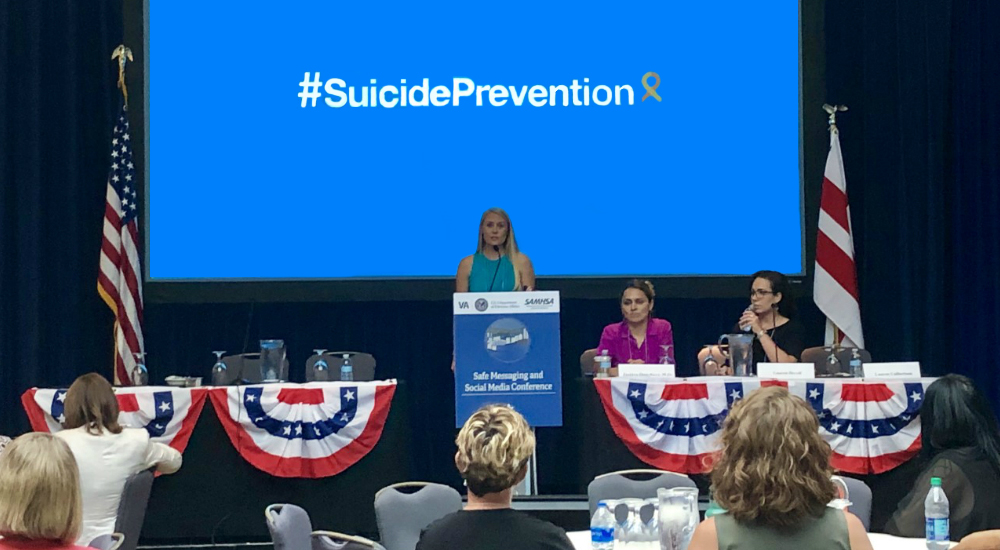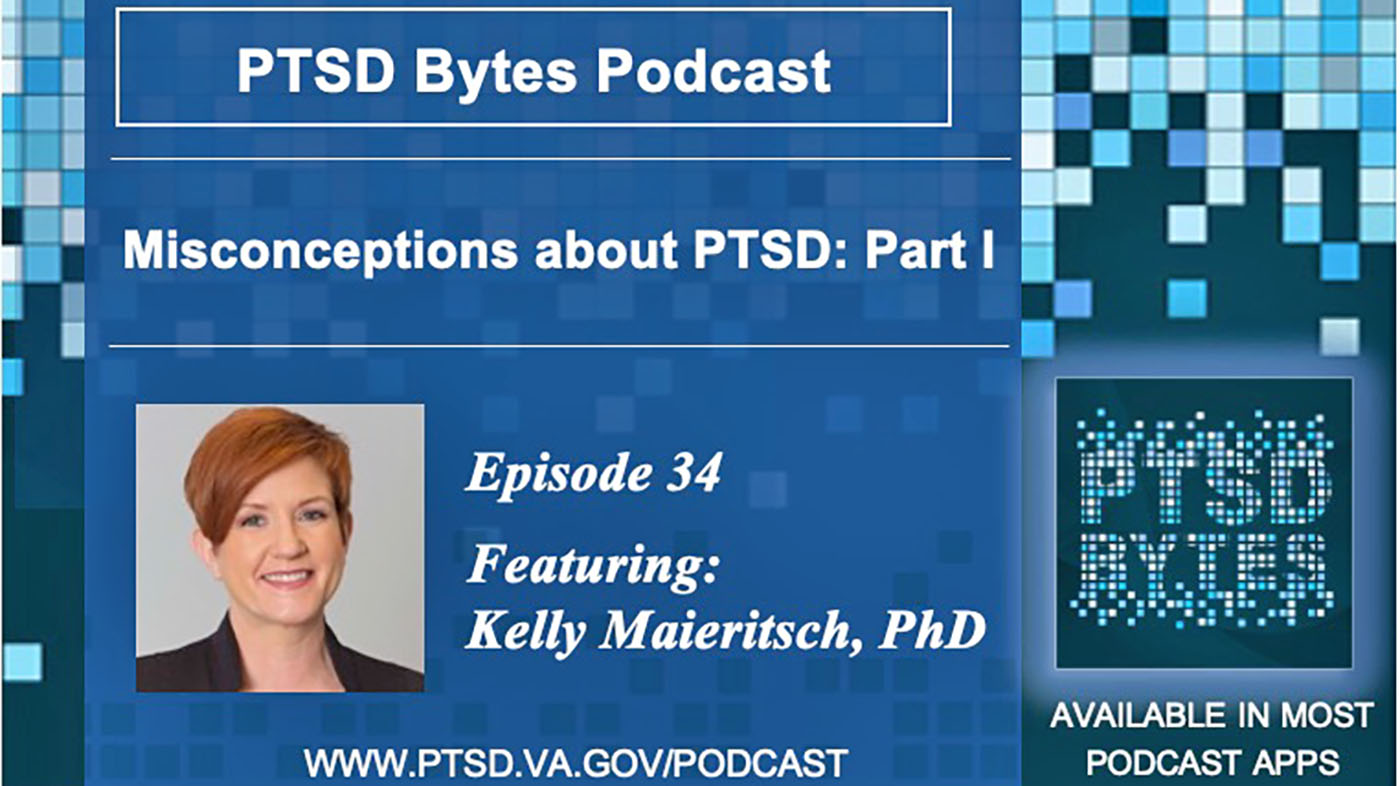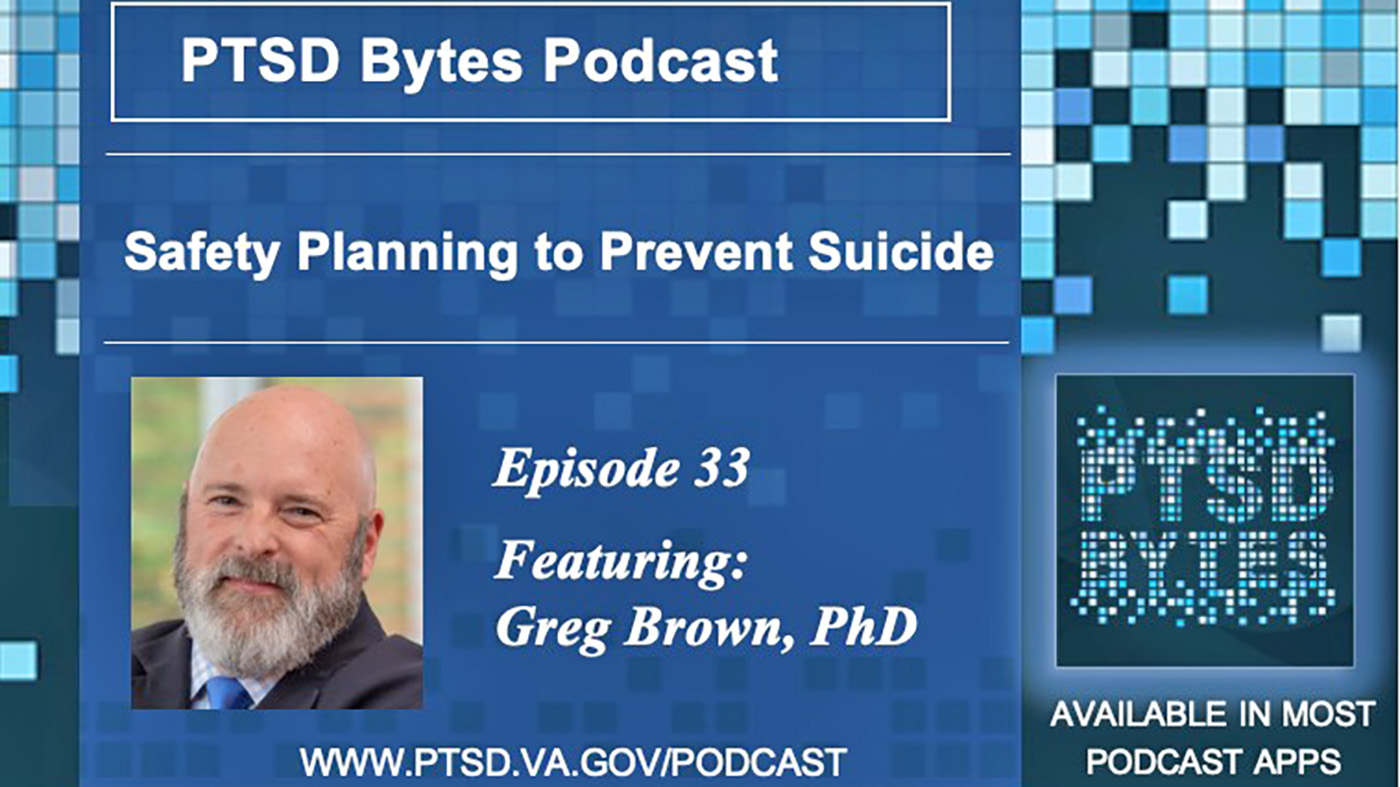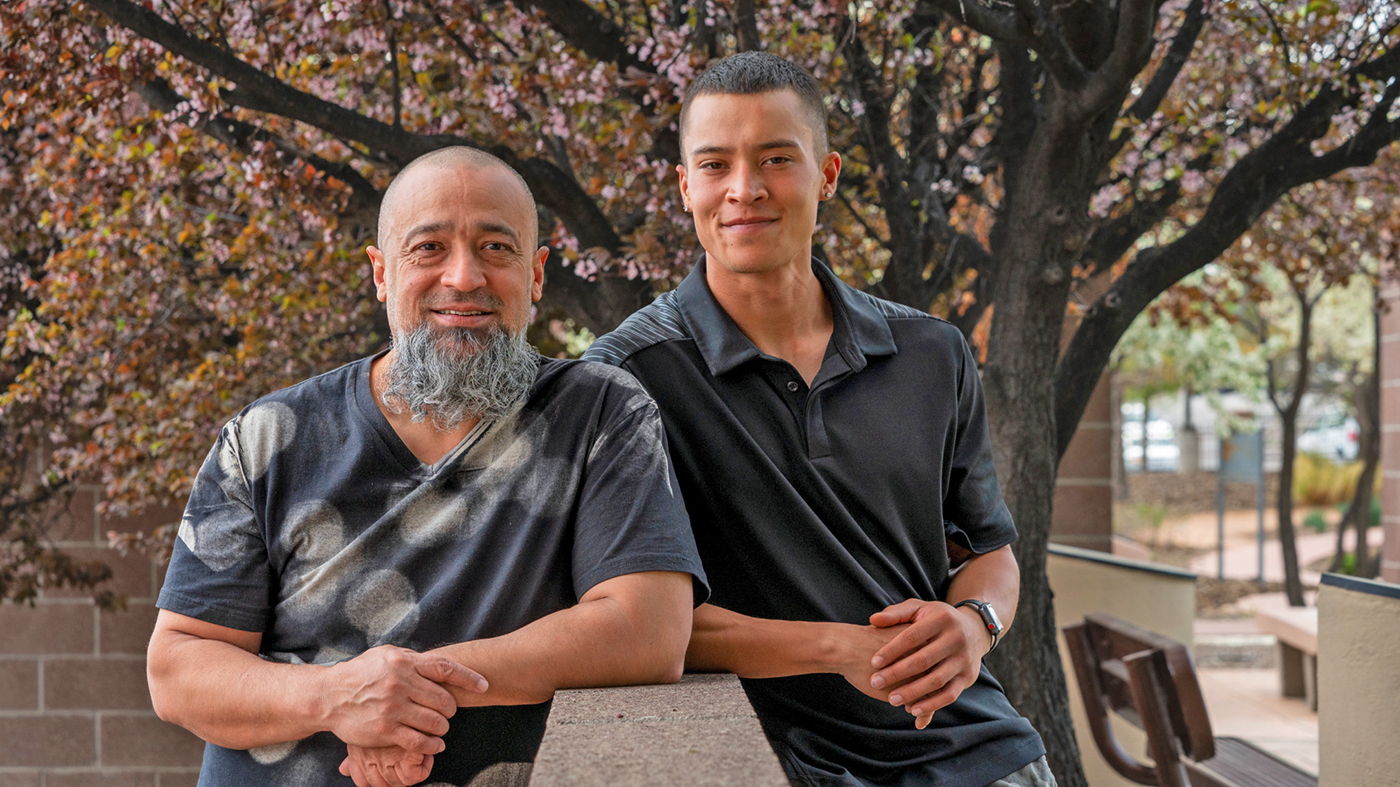VA and the Department of Health and Human Services’ Substance Abuse and Mental Health Services Administration (SAMHSA) convened the Mayor’s and Governor’s Challenge participants in July to discuss how safe messaging and social media best practices can help prevent suicide. The “Safe Messaging and Social Media: Preventing Suicide Among Service Members, Veterans and Their Families” conference also featured national subject matter experts teaching participants how to incorporate safe messaging and leverage social media in their community- and state-level suicide prevention action plans.
Now in its second year, the Mayor’s Challenge brings together interagency teams from 24 cities to develop locally tailored action plans to prevent Veteran suicide. An inaugural Governor’s Challenge that involved seven state teams began in February 2019, replicating the Mayor’s Challenge effort on the state level.
Research has shown that the way media and other public-facing messages address the topic of suicide can influence behavior–either positively, by encouraging help-seeking, or negatively, by increasing the risk for suicide contagion. The conference was part of VA’s ongoing efforts to educate media representatives and the general public about the importance of safe messaging in reporting and other public communications.
The “Safe Messaging and Social Media” conference included plenary sessions, workshops with subject matter experts, and roundtable discussions that allowed participating teams to collaborate and identify community priorities. Participants heard from a broad range of speakers and learned how to implement safe messaging best practices in their own public-facing communications, and how to encourage local media and other organizations to do the same–all in the interest of preventing Veteran suicide.
Representatives from Facebook and Twitter presented to conference attendees about supporting mental health online and recognizing warning signs within social media communities. The speakers from the social networking platforms also provided examples of machine-learning advances each employs to enable interventions and resources for users to report those exhibiting crisis.
“The Twitter community can be an invaluable source of support for people, including Veterans who might be struggling with mental health issues. We are honored to participate in this important event to ensure our partners are well equipped to leverage the power of Twitter,” said Lauren Culbertson, a conference speaker and public policy manager at Twitter. “We are also pleased to share our work aimed at preventing self-harm and suicide, including Twitter’s global #thereishelp notification, which provides mental health resources to vulnerable people and encourages them to reach out to get help when they need it.”
Teams in attendance discussed a variety of topics, including safe messaging, social media, community partnerships, family support messaging, the role of media and entertainment, the role of policymakers, and community event planning. Central takeaways for participants included:
- How to incorporate safe messaging best practices when reporting on suicide (e.g., avoiding reporting specific details of the suicide method, refraining from using dramatic or graphic headlines or images, ensuring not to sensationalize or glamorize suicide deaths, and including stories of hope that encourage help-seeking).
- How to use social media in an effective and informed way, including how to use hashtags and links to amplify messages about suicide prevention.
- How to mitigate challenges that participants may face when attempting to implement safe messaging best practices in their own communities.
Participants learned that careful coverage of suicide can change public misperceptions and correct myths, which can then encourage those who are vulnerable or at risk to seek help. They will use the knowledge gained at the conference to support local implementation of the National Strategy for Preventing Veteran Suicide, which provides a framework for identifying priorities, organizing efforts, and contributing to a national focus on Veteran suicide prevention.
“To positively affect the rate of suicide in military and Veteran families, we have to collaborate with media, lawmakers and our community partners to safely communicate data, resources and information related to the work we’re doing to reduce Veteran suicide,” said Nicole Baker, a public information officer at the Arizona Department of Veterans’ Services. “I’m energized by the best practices I’ve added to my toolkit [at this conference] to better engage Arizona’s military and Veteran community.”
For more information on SAMHSA’s suicide prevention efforts, visit https://www.samhsa.gov/smvf-ta-center.
The health and well-being of our nation’s Veterans and former service members is VA’s highest priority. Guided by data and research, VA is working with partners, Veterans’ family members and friends, and the community to ensure that Veterans and former service members get the right care whenever they need it. To learn about the resources available for Veterans and how you can Be There as a VA employee, family member, friend, community partner or clinician, visit www.mentalhealth.va.gov/suicide_prevention/resources.asp.
If you or someone you know is having thoughts of suicide, contact the Veterans Crisis Line to receive free, confidential support and crisis intervention available 24 hours a day, 7 days a week, 365 days a year. Call 1-800-273-8255 and Press 1, text to 838255 or chat online at VeteransCrisisLine.net/Chat.
Aaron Eagan is the deputy director of operations and integration for suicide prevention in VA’s Office of Mental Health and Suicide Prevention.
Tony Davis joined VA in March 2016 and is on the Veterans Experience Office team. Tony is a retired Army Intelligence Officer and combat Veteran. After retiring from the Army, Tony served as the Country Director for all USO operations in South Korea before returning to the U.S. and joining VA. In his current assignment, Tony covers Veterans, Family, and Community Engagement activities for New York, New Jersey, Pennsylvania, and Delaware.
Topics in this story
More Stories
In a two-part series, Dr. Colleen Becket-Davenport discusses some common myths surrounding PTSD with Dr. Kelly Maieritsch.
In this episode of the PTSD Bytes podcast, we speak with with Dr. Greg Brown, Philadelphia VA clinical psychologist, about how safety planning can prevent suicide.
No one’s life is perfect. Even if a Veteran you care about seems fine, check in to make sure they’re OK.






